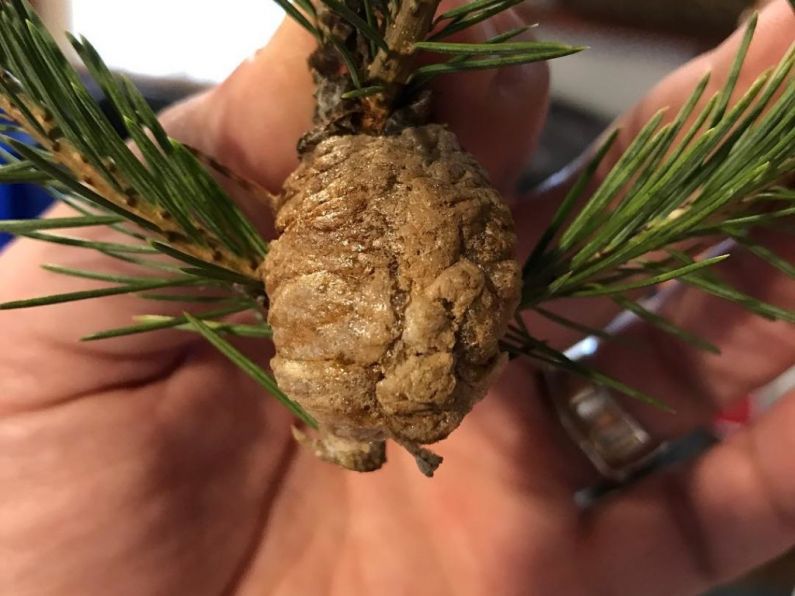Are you a fan of real Christmas trees?
While they bring festive cheer to your house, they could also be bringing an insect infestation.
The Mirror UK is warning households to check their Christmas trees for walnut-sized lumps and remove them immediately, as these could be clumps of preying mantis eggs.
The brown lumps can look very similar to pine cones, so they are often ignored. The sac is actually a protected nest of preying mantis eggs, and once these hatch, they are difficult to deal with.
Sharing a photo of the "lumps" on his Facebook account, Facebook user David Reed wrote:
"If you happen to see a walnut sized/shaped egg mass on your Christmas tree...these are 100-200 preying mantis eggs! We had two masses on our tree this year. Don't bring them inside, they will hatch."
David advises anyone who finds a mass like this to "clip the branch" from the Christmas tree and to "put it in your garden."
The post has gained enormous reaction with others sharing their unfortunate experiences.
"Missed one on a tree one year," wrote one user. "Left town for 4 days, returned to babies all over. Took hours to get them out"
"Yup, I'll never forget this. Still can't believe it happened" said another.
Tiktok user @squiddyboi42069 had the misfortune of an egg hatching and discovered the mantis babies on his Christmas baubles.
@boonis609 Turns out it was a Chinese praying mantis egg sac which is an invasive species. 😬 What do we do with them?? #fyp #trending #tiktoktrending #bug ♬ Rockin' Around The Christmas Tree - Brenda Lee
While Christmas trees can be host to many types of insects, Taste of Home reports that farmers usually do their utmost to prevent insect nests from lodging in trees sold to the public.
These insect nests are also said to be rare in Ireland, and the preying mantis, while unsightly, is harmless to humans.






